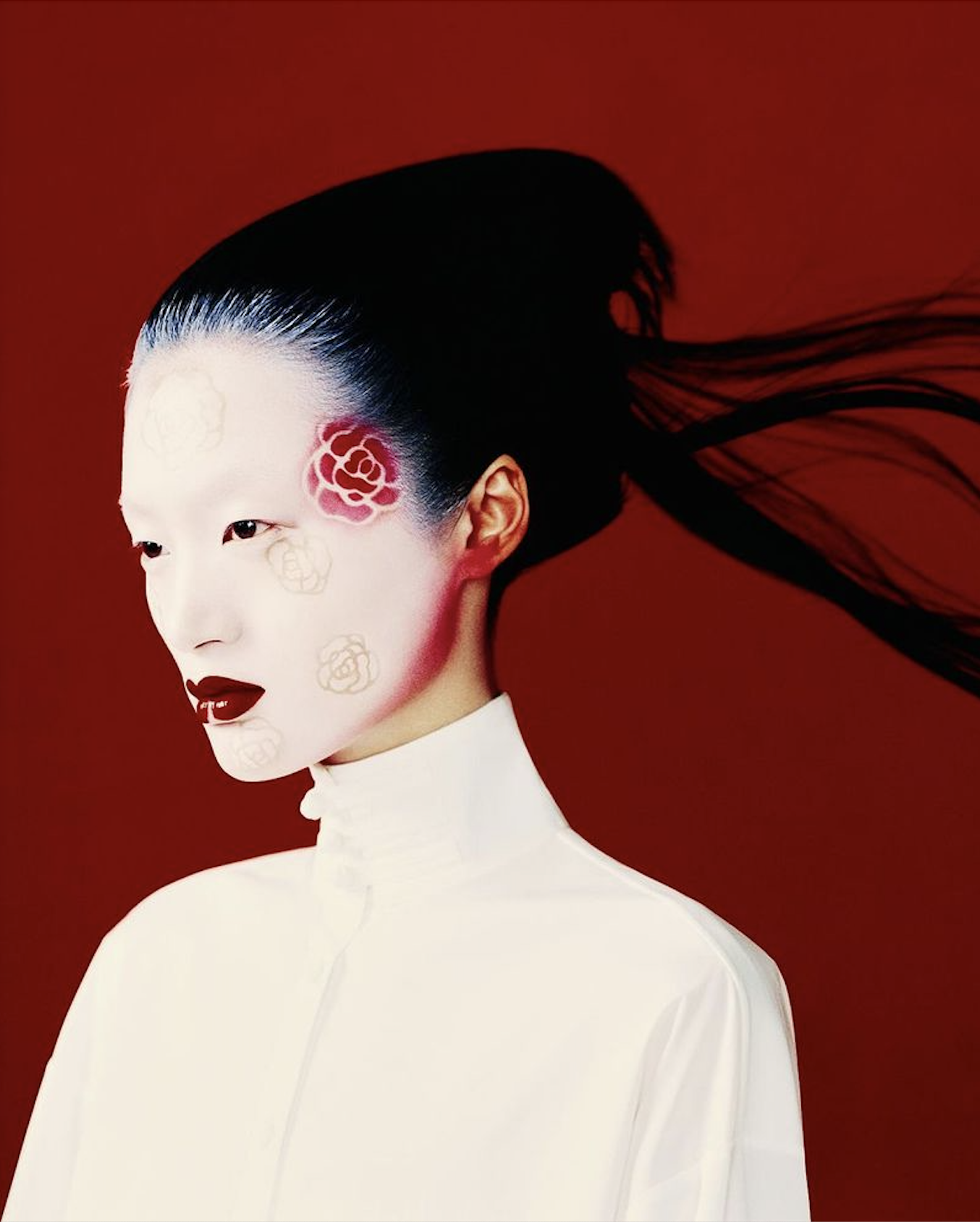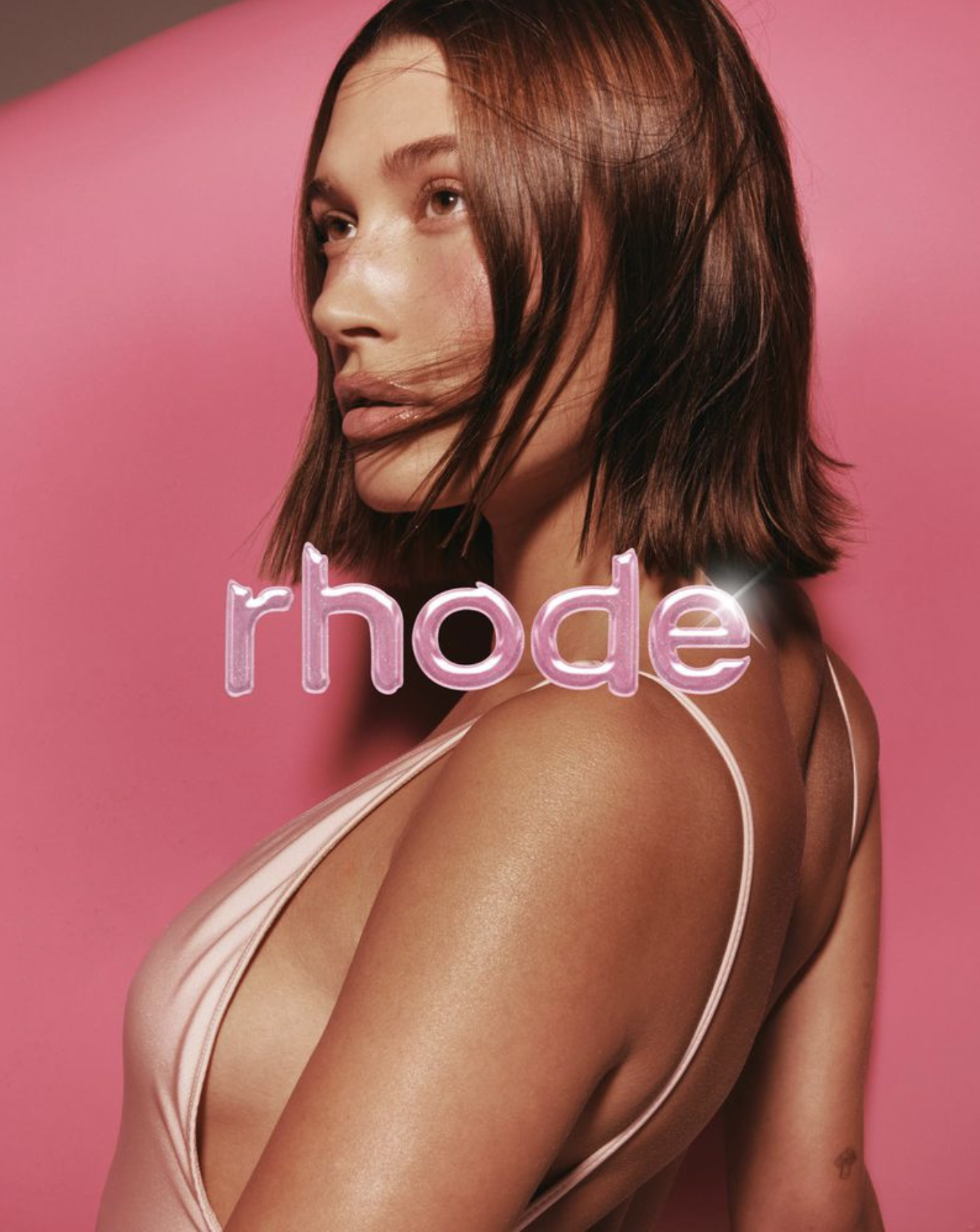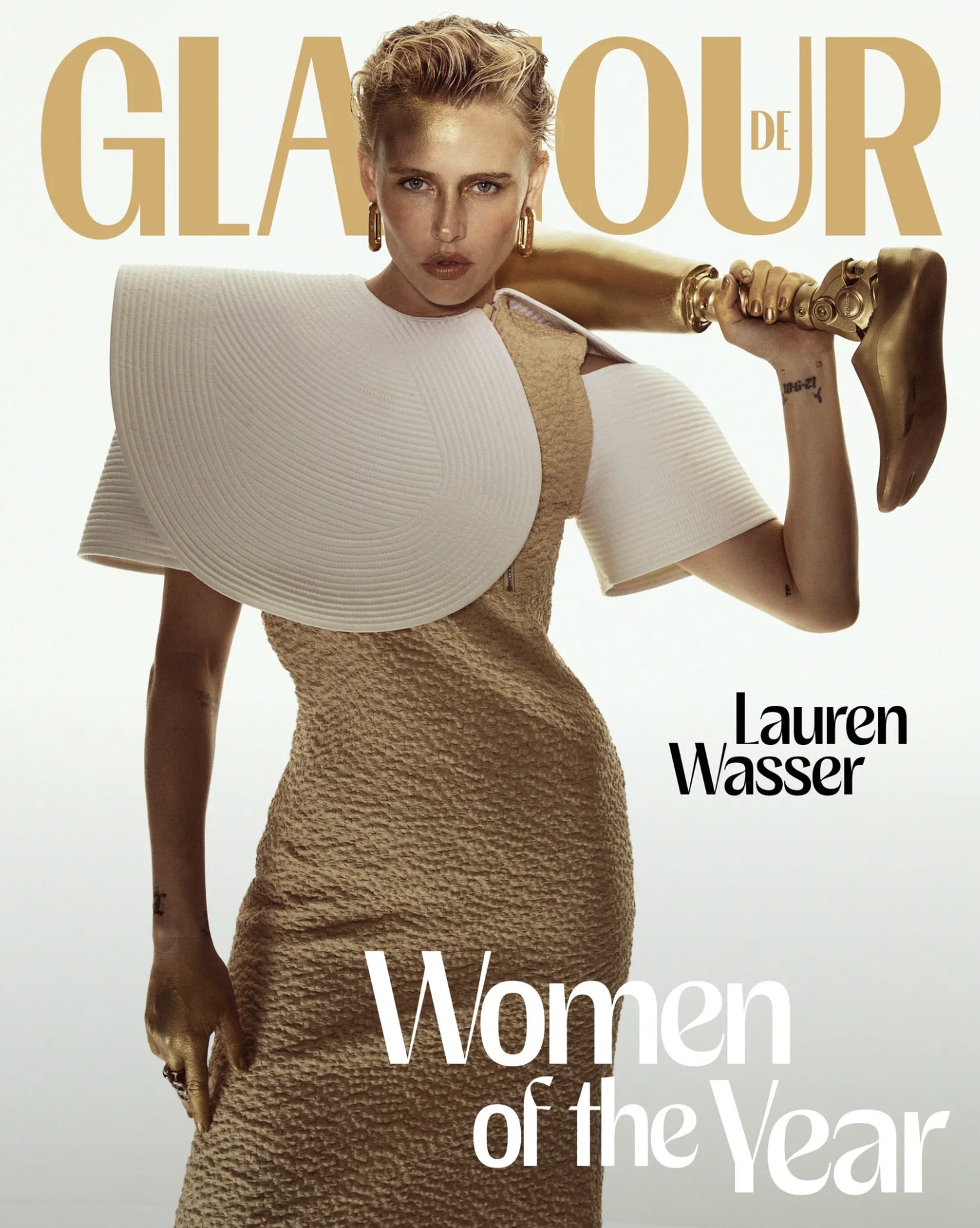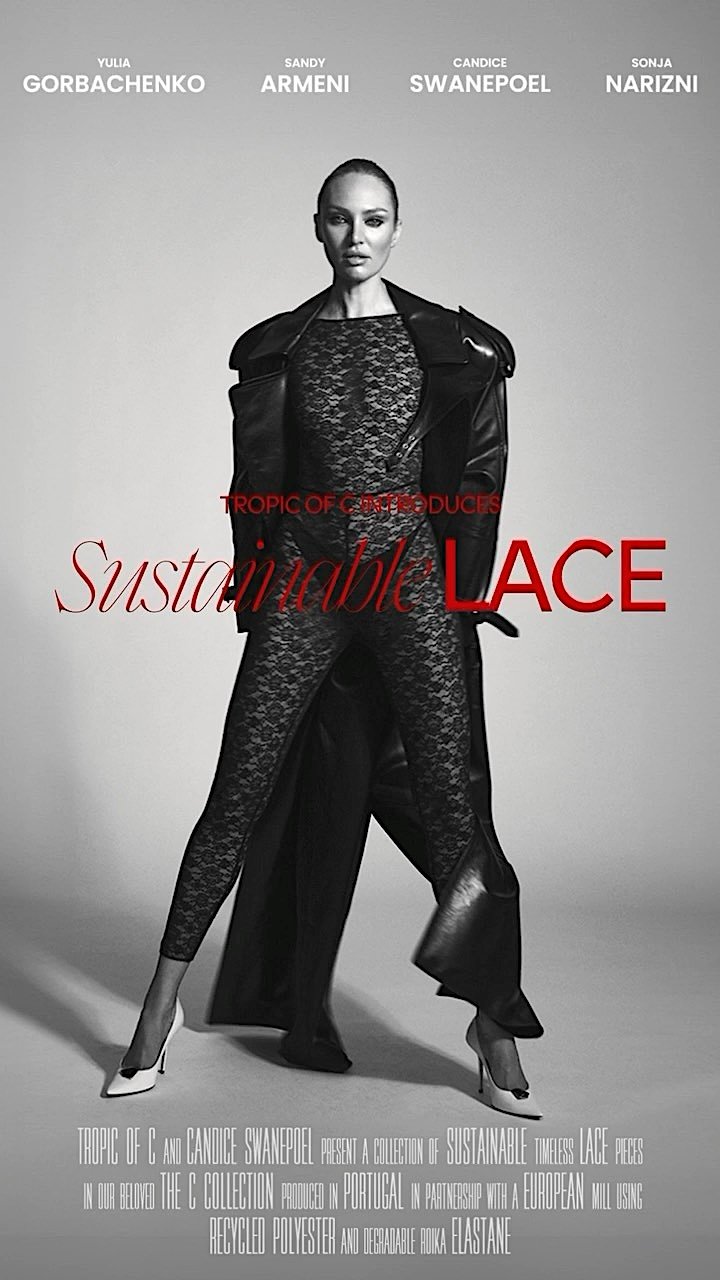Chocolate | Vascular Health | Strokes and Good Sex
/ Chocolate is often maligned as a health food and even more so as an aphrodisiac. Sarah Kershaw’s anti-aphrodisiac article is page one all over the Internet, and that’s too bad.
Chocolate is often maligned as a health food and even more so as an aphrodisiac. Sarah Kershaw’s anti-aphrodisiac article is page one all over the Internet, and that’s too bad.
Working now on a scientific response to New York Times writer Kershaw’s The Hunt for an Edible Equivalent of Viagra, where she dismisses chocolate as a love potion — along with the entire notion of aphrodisiacs — Science Daily delivers breaking news of chocolate significantly lowering our risk of stroke.
Anne of Carversville’s interest in sexy food is driven by the science, not only folklore, so we bristle when writers blow off the idea of what ends up being a very sexy and healthy diet that’s truly good for your libido, your sexual enjoyment and also your health and wellbeing.
We aren’t saying that there’s any food that has the impact of Viagra 30 minutes after swallowing. Nor are we discounting the possibility. We do believe that America’s always looking for the bullet-point, quick-fix pill. Science documents that fact in countless studies.
The healthy-diet effect is just one more aspect of sexuality that America refuses to take seriously.
Presumably, if we eat healthy foods that make us more sensual and healthy, we will all run amok in some giant sex orgy.
Chocolate gets a bad rap in The Hunt for an Edible Equivalent of Viagra.
There is another issue with the Black Forest — and the gazillions of other forms of chocolate that will be consumed this weekend: chocolate’s reputation as an aphrodisiac is highly exaggerated, food researchers say. Romantic and deeply pleasurable, yes, especially because of its tendency to melt in the mouth at body temperature. And yes, it does contain some chemicals like phenylethylamine, which produce feelings of euphoria. Yet one widely cited study showed that a 130-pound person would have to eat 25 pounds of chocolate in one sitting to significantly alter the mood. But who would be in the mood after eating 19.2 percent of her weight in chocolate?
What food researchers? We have no sources. Trying to find the ‘widely cited study’ referencing eating 25 pounds of chocolate in one sitting, altering the mood had to do with how much chocolate one must eat to have a marijuana high. Ten sources confirm this interpretation of the ‘widely-cited study’.
DrugLibrary.org has this to say about a 130-pound person eating chocolate:
On a lighter note that relates to increased appetite is the recent discovery of chemicals found in chocolate that seem to target the same brain receptor system that is targeted by marijuana. One of the chemicals discovered has turned out to be anandamide. “Chocoholics” claim that not only is it the taste that makes them crave chocolate, it is the sensation of “feeling good’ after eating chocolate that also plays a big part in the craving. Unlike THC, chocolate’s chemicals turn on only a few circumscribed regions in the brain. A 130-pound person would have to eat about 25 pounds of chocolate to obtain a noticeable ‘buzz.’ Therefore, it is unlikely that one could eat so much chocolate as to experience a high. Yet, chocolate craving is a real physiological phenomena. The exact details of the mechanism by which this occurs is not yet understood. It is hypothesized that the chemicals in chocolate “intensify the sensory properties of chocolate.” Or it could be that they elevate the mood directly. This could help explain why people tend to eat a vast amount of chocolate during physiological times of stress. In the long run, this discovery could lead to a new type of treatment for depression.
Chocolate and Vascular Health
 Abiola’s Photo Diary via FlickrIn the last couple of years, scientists have established a powerful relationship between dark chocolate on blood pressure and blood vessel function.
Abiola’s Photo Diary via FlickrIn the last couple of years, scientists have established a powerful relationship between dark chocolate on blood pressure and blood vessel function.
In Sex Talk, this translates into strong erections for men and engorged blood flow in a woman’s vulva, which is known to have a positive correlation with sexual desire in most women. The brain, rules, however. If a woman isn’t interested in sex, most likely no amount of chocolate-effect will get her interested in sex play.
Today’s Science Daily delivers news of chocolate significantly lowering our risk of stroke and subsequent death rates in two of three studies related to strokes. The research that will be presented to the American Academy of Neurology in April 2010.
In the first study of 44,489 people who ate one serving of chocolate per week, the chocolate eaters were 22% less likely to have a stroke. In the second study of 1,169 people who ate 50 grams of chocolate once a week, 46% were less likely to following a stroke than non-chocolaters. In the third study, not described by Science Daily, researchers found no link between eating chocolate and risk of stroke or death.
More research is required to document whether or not fundamentally healthier people eat chocolate, but the current research confirms these results:
The possibility of a scientific correlation between chocolate and vascular health benefits will take the smirks off people’s faces on the sexual benefits of eating chocolate.The science is considerable in the last few years.
Perhaps the Aztecs weren’t so stupid after all, speaking of folklore. Anne
Photo credits chocolate vagina
Multi-chocolate Science Daily





























